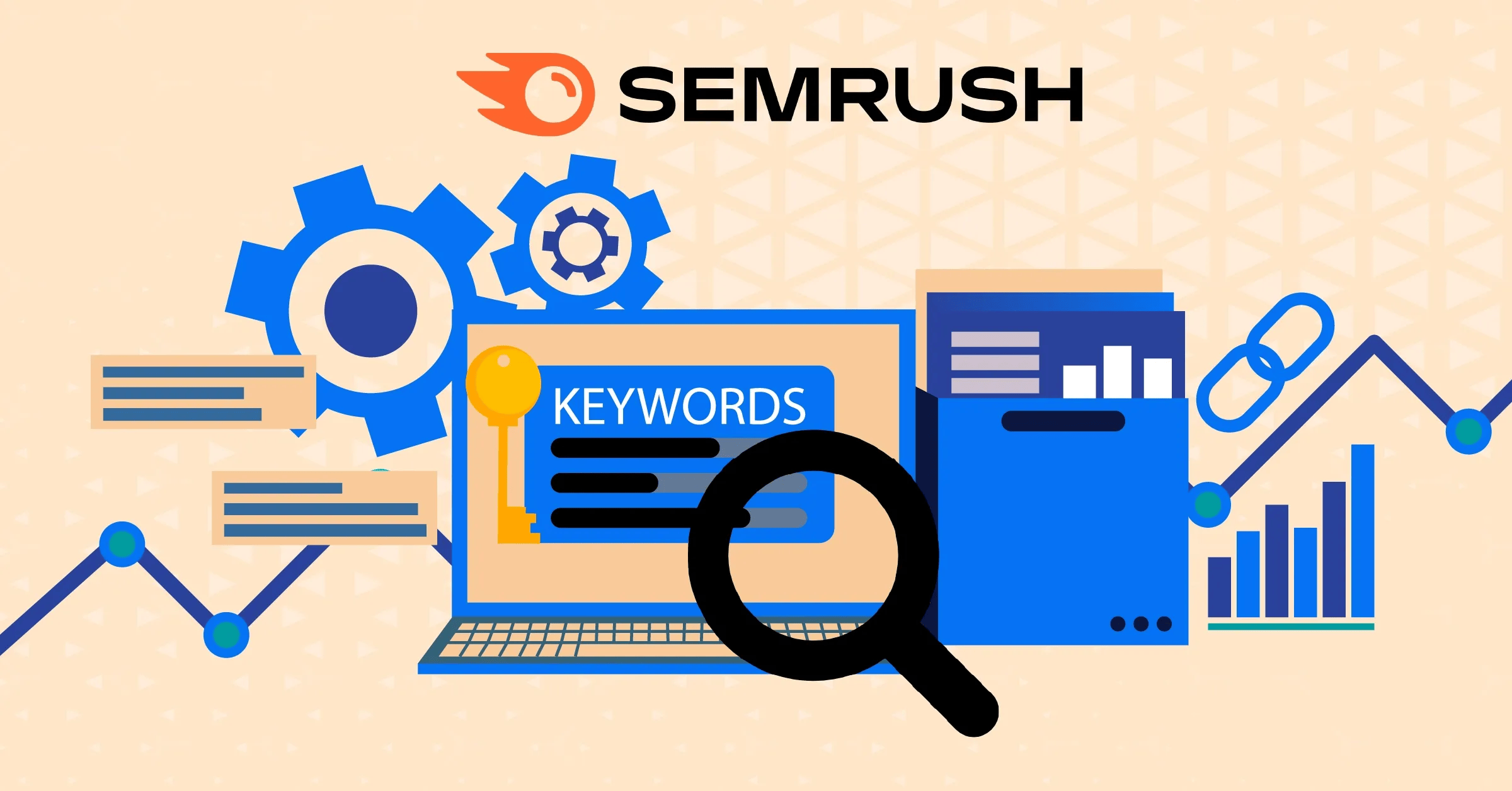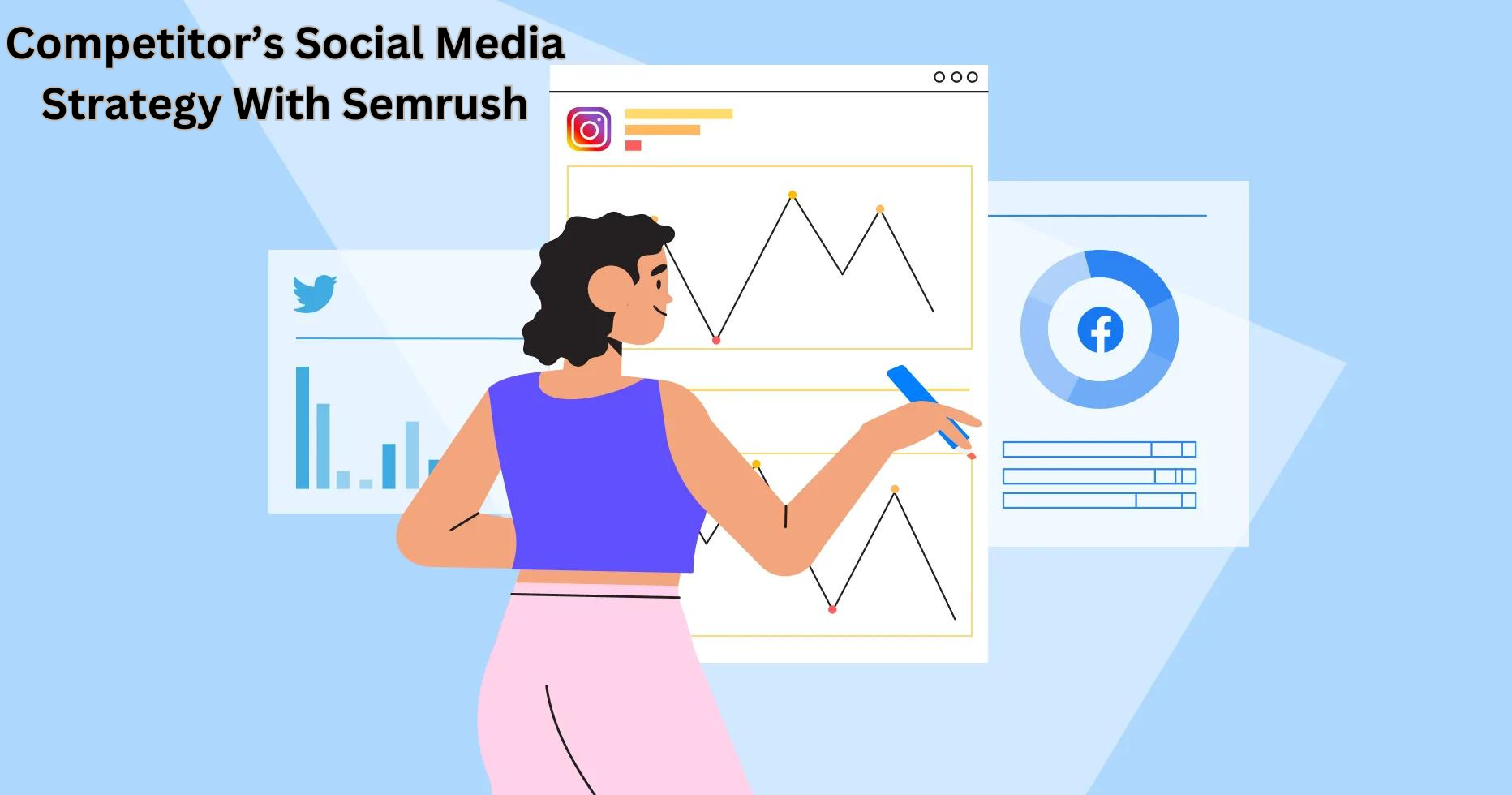Samcart Or Shopify: Which One is Better? Read this Before Your Decision
When you think of the most popular e-Commerce platforms in the world, Shopify is probably one of the first names that come to mind. Have you ever wondered if there are any other Shopify alternatives?
Of course, the answer is Yes, there are other platforms that can be compared to Shopify. SamCart and Shopify are eCommerce cart solutions that make online selling easy for businesses. It is self-evident that the primary goal of any online business is to convert prospects into loyal customers. A well-designed, structured, and converting sales funnel with a great checkout experience is one of the best ways to increase sales in your online business. Because of their incredible features, these two tools are used by thousands of online entrepreneurs. In this article, we will compare two excellent e-Commerce builders: SamCart and Shopify.
What exactly is Samcart?
SamCart is a drag-and-drop eCommerce website builder for online merchants and drop shippers. Built-in templates, digital wallets, localization, A/B testing, subscription management, and reporting are important. Administrators can create coupons, offer discounts, and collect payments on a single interface. Furthermore, SamCart allows teams to integrate the system with a variety of third-party applications such as Shopify, Magento, and Bigcommerce. Monthly and annual subscriptions are available.
SamCart is a web-based checkout platform with conversion-optimized checkout templates, as well as one-click upsell, order bump, subscription, and payment plan capabilities to maximize profits from every sale.
The main reason SamCart has grown so quickly is that they provide so many features that help online retailers make more money. Whether you run an e-commerce store or sell information products, these features will help you make more money and quickly pay for SamCart.
What exactly is Shopify?
Shopify is a web-based e-commerce platform with a mobile point-of-sale (mPOS) system. Users can manage their businesses and complete transactions in-store as well as at markets, pop-ups, and trade shows using the mPOS. The e-commerce platform lets retailers sell online and reach customers via mobile and social media. Shopify's mPOS can sync with the e-commerce store to show inventory for both assets.
Reporting, analytics, staff management, order histories, and customer management are also available. Shopify's website builder and blogging platform enable e-commerce software setup. The shopping cart's 70 payment gateways handle payments. SEO, email marketing, social media integration, and a discount code are part of Shopify's marketing module. When inventory runs out, the stock count can be tracked in real time, and products can be delisted. To track sales, visits, and referrals, Shopify's analytics module can be integrated with Google Analytics.
An in-depth comparison between Samcart and Shopify
- Ease of use
SamCart was introduced as a far superior alternative to PayPal's then-boring checkout page. It was straightforward. Despite its subsequent evolution, it has managed to retain that same old simple approach to online selling. The interface is clean and nothing too flashy or perplexing. All of the functions and their associated options have been laid out so that even inexperienced users can find their way around.
If you're thinking about starting an affiliate program, SamCart can help you get started in one of the simplest ways possible. Quite a contrast to most affiliate tools on the web, which seems to make tracking and managing affiliates difficult.
SamCart lets you manage your affiliate programs without hassle. You can control not only the products you want to promote but also the affiliate program members.
When it comes to usability, Shopify elicits conflicting responses. While most people think it's a very platform, there are a few people who think it's another cumbersome way to sell online. If you want a functional online store, Shopify should appear to be very simple. It is one of the most e-commerce platforms for all types of e-commerce sites.
As previously stated, no technical skills are required to operate it. Shopify offers many attractive predesigned templates to help you avoid starting from scratch. But, when it comes to sales funnels, it doesn't appear to be all roses. Shopify makes sales funnel creation and management more complicated than SamCart. This brings us to the alternative option of creating the funnel using a third-party application that is integrated. That's understandable. However, your capabilities will be determined by the app's features. To make matters worse, getting the app may cost you extra money.
Ease of Use Comparison: SamCart vs. Shopify (Winner- SamCart)
- Templates and Web Design
SamCart's funnel builder includes 18 design templates to help you get your sales funnel up and running. They are all quite appealing, and you can select any of them without paying any additional fees. Every single template has been tested by a diverse group of marketers. They used them on their sales pages to track the results. In short, all SamCart templates have been proven to be effective as well as optimized for conversion. They even come with additional elements to boost your credibility. Security assurance, guarantees, and testimonials are a few examples.
SamCart provides a very simple customization process if you want to change any layout element. After selecting a template, you can modify its layout colors, edit fields and text, and tweak sections, buttons, and so on.
Shopify also has a great selection of beautiful pre-designed templates. And, yes, they all appear professional and up-to-date. Shopify's talented designers and developers create modern, eye-catching, and responsive themes. This platform also encourages you to explore its third-party partners' themes. Shopify also has its own theme store, which contains 73 themes (9 free, 64 paid). The premium themes range in price from $140 to $180. Just a quick note: whereas SamCart focuses on creating checkout page templates, Shopify uses the same themes across all of your website pages.
But that isn't all. Shopify happens to have an in-house team of developers and designers on standby. If you don't mind the cost, they can create an entirely unique theme for your site. The editing options here outnumber those provided by SamCart. If you are skilled in web development, Shopify allows you to delve deep into the underlying code of its templates for more extensive customization.
Templates and Web Design: SamCart vs. Shopify (Winner- Shopify)
- Add-on Integration
The Shopify app store can be considered one of your most valuable assistants, with over 3000 compatible add-ons. You can find integrations for every field here: email, marketing, payment processors, analysis, SEO, and so on. There are both free and paid apps available.
It is simple to incorporate these useful tools into your online store. Shopify allows you to build and develop a perfect website by extending it with limitless capabilities and scale.
SamCart integrates payment providers, email, marketing automation, membership, and page builders. SamCart, a one-page website builder, has partnered with Zapier to connect merchants to 2,000+ apps to simplify business.
And it is not easy for either platform to integrate a customized plugin into your store without the assistance of a developer. However, there are now a large number of outsourcing teams or companies available to assist you at all times.
Add-on Integration: SamCart vs. Shopify (Winner- Shopify)
- Pricing
Of course, many businesses must consider the cost of the software.
Fortunately, SamCart and Shopify offer a range of pricing options to help you start or grow your business. Consider the pricing options provided by each tool.
Samcart pricing options:
- The SamCart Launch plan costs: $59 per month.
- The SamCart Grow plan costs $119 per month.
- The SamCart Scale plan costs $299 per month.
When compared to Shopify, the two basic and medium plans of Shopify are less expensive than those of SamCart. Let's see what happens.
Samcart's different pricing options:
- Basic Shopify costs: $29 per month.
- Shopify costs: $79 per month.
- Shopify Advanced: $299 per month
Pricing Comparison: SamCart vs. Shopify (Winner- Shopify)
- Stand-out Features
SamCart provides a number of unique features for new and growing businesses. Of course, the more expensive plans provide access to more features. However, even the most basic plans provide a good foundation of features.
One of the most notable advantages is that SamCart does not charge processing fees. However, the cost of payment processing can quickly add up. Switching to SamCart could save you a lot of money as your company grows.
SamCart is also useful because there is no limit to the number of products you can sell. As your company expands, you'll be able to add more products and pages without incurring additional costs. Of course, you'll be able to select a template for each page and customize the look with the visual editor.
Shopify is yet another excellent option for selling online. Consider a few of the best features if you want to use the platform. Then you can decide whether Shopify is a good fit for you.
Shopify is required if you want to run your business both online and offline. The POS system allows you to accept payments in your retail store. It can also be used to manage your inventory and staff. Shopify makes it simple to grow your business without the use of third-party tools. You don't have to worry about keeping inventory in multiple locations, as you would if you sold out in a store.
Many eCommerce platforms allow you to sell via your website or landing page. Shopify, on the other hand, allows you to sell through online marketing platforms and social media. These channels can help you broaden your reach and increase your sales. You don't have to be concerned about driving traffic to your website. You can instead rely on the reputations of Facebook, Instagram, eBay, and Amazon. Customers can find and buy your products on these platforms. You can then expand your overall online business.
Conclusion
SamCart is designed to assist you in meeting aggressive revenue targets. SamCart will be your right hand if this is also your starting point!
Shopify, as an all-purpose e-Commerce platform, meets the needs of all businesses of all sizes. If you are prepared to make long horizontal moves as part of your online selling career, Shopify is the better option. Although this platform still has some drawbacks, it is worth a shot.
Shopify and SamCart are both excellent marketing tools that can assist you in attracting more clients and converting them into loyal customers. However, based on the above-detailed review of both, it is clear that they serve opposing audiences. So the final decision is based on what you require them for.





